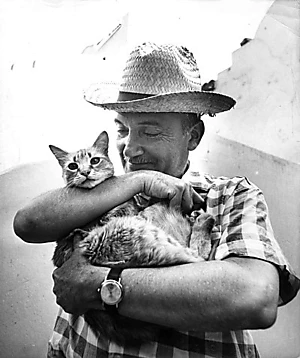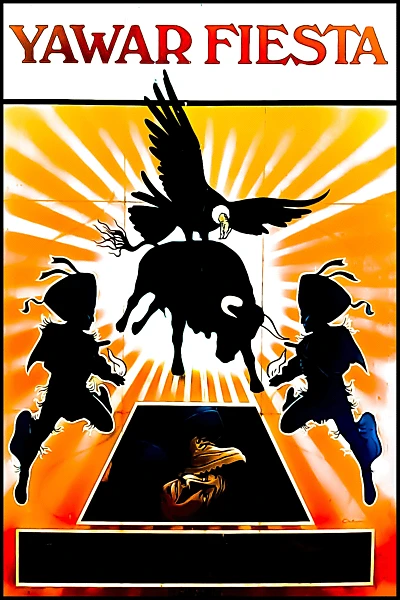Biography
(No Information)
Filmography
all 1
Movies 1
Writer 1
Information
Known ForWriting
GenderMale
Birthday1911-01-18
Deathday1969-12-02 (58 years old)
Birth NameJosé María Arguedas Altamirano
Birth PlaceAndahuaylas, Peru
RelationshipsCelia Bustamante (1939 - 1967), Sybila Arredondo (1967 - 1969)
RelativesElisa Fuenzalida
CitizenshipsPeru
This article uses material from Wikipedia.
Last updated:
 José María Arguedas
José María Arguedas- Filmography
- Information
